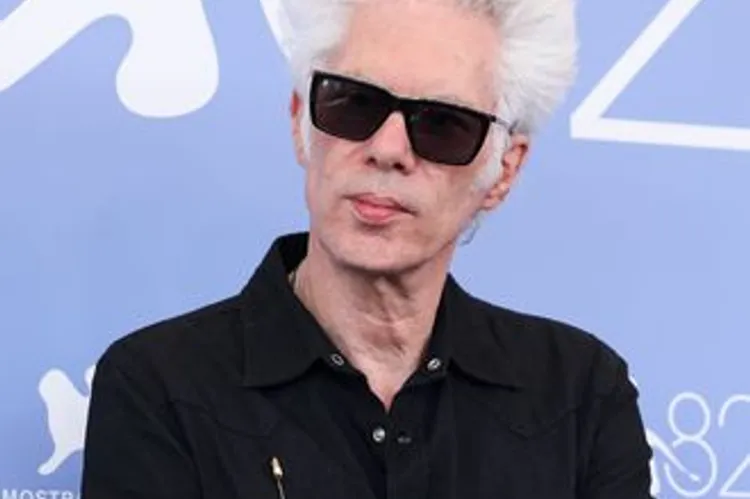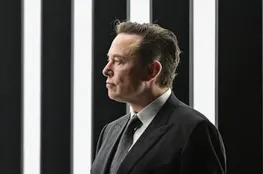Jim Jarmusch has expressed disappointment regarding Mubi’s financial ties to Sequoia Capital, specifically their $100 million investment in Kela, an Israeli tech startup developing military AI following October 7th. Speaking at the 2025 Venice Film Festival, as reported by The Hollywood Reporter, Jarmusch stated he was "disappointed and quite disconcertered" by the relationship. He acknowledged a prior distribution agreement with Mubi, overseen by chief content officer Jason Roppell, with whom he’d previously worked well. Despite this existing arrangement, Jarmusch voiced deep concern, asserting that creating commercial art in the 21st century frequently necessitates accepting "dirty money." He emphasized his independent filmmaker status and past acceptance of funding from various sources, viewing most corporate investment with skepticism. Jarmusch detailed a broader observation: analyzing film companies’ financing structures invariably reveals problematic elements. This sentiment aligns with ongoing efforts to divest art from the military industrial complex, as underscored by actor Indya Moore, who stars in Jarmusch’s film, Father Mother Sister Brother. Moore highlighted the "creative warfare and resource warfare" occurring behind the scenes since the beginning of the genocide of Palestinians, focusing on the challenge of maintaining ethical practices and avoiding enabling systemic funding of harmful activities. She noted the "developing process" of due diligence undertaken by those seeking to navigate these complex issues.
The Mubi controversy coincided with widespread protests at the Venice International Film Festival. Hundreds gathered on the Lido on August 30th to denounce "ongoing genocide in Gaza and the ethnic cleansing across Palestine carried out by the Israeli government and army," according to Deadline. This situation reflects a growing chorus of disapproval, with Fresh Off the Boat creator Eddie Huang also criticizing Mubi’s partnership. Mubi responded with a statement on June 14th, asserting that "The beliefs of individual investors do not reflect the views of MUBI," and that they "take the feedback from our community very seriously." The company maintains its commitment to remaining an independent, founder-led organization. The debate surrounding Mubi’s investments highlights the increasing scrutiny of the entertainment industry’s financial relationships and the ethical considerations faced by filmmakers and distributors operating within a globalized landscape. This situation underscores a larger movement seeking to challenge the normalization of corporate influence in artistic endeavors and to promote accountability within the film industry, particularly concerning its connections to military and technological advancements.
This situation serves as a potent reminder of the complex interplay between art, politics, and finance, and the responsibility of creatives to consider the implications of their partnerships. Further investigation into the financial structures of film distribution companies is likely to continue as audiences and industry stakeholders grapple with these critical questions. The ongoing protests and public discourse surrounding this issue demonstrate a heightened awareness of ethical considerations within the entertainment sector, pushing for a more responsible and transparent approach to funding and creative production. This situation is a significant moment in the ongoing conversation about the role of art in a world grappling with complex geopolitical challenges and the need to address systemic injustices.
























